Above: The need to clean plastics and other rubbish out of our waterways is partly a sad consequence of us not paying enough attention about what gets washed down the stromwater drain in the first instance.
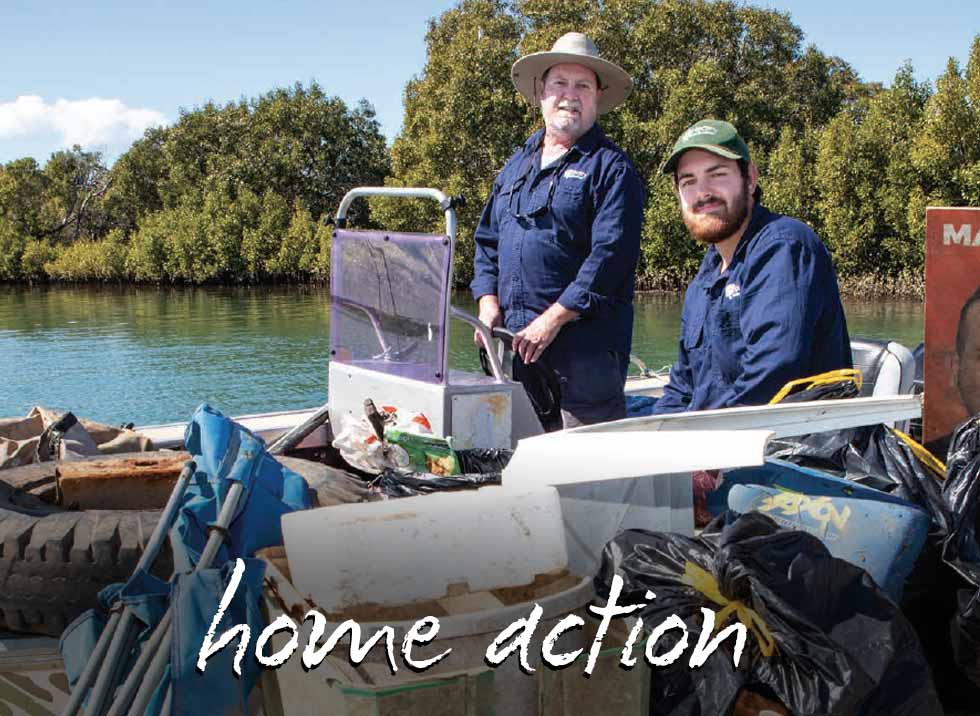

The Healthy Land and Water Environmental Condition Report for the Lower Brisbane catchments highlighted the two biggest threats to catchments.
These could simply be summarised as stormwater and stormwater.
In the first instance storm run off erodes away loose soil from exposed ground, gardens and building sites and dumps this into the creek channel. This smothers over key habitat for the tiny aquatic wildlife that power up these ecosystems.
In the second instance, stormwater cleans up our the streets and backyards washing all our accumluated rubbish and nutrient rich waste including as dog droppings down into the creeks. There it consumes precious oxygen in the water as it breaks down, while the nutrients released prove a major boon for aquatic weeds and algae.

Community powered action
Harvesting and reusing stormwater is one of the best ways to protect waterways from urban runoff, while reducing pressure on our drinking water supplies.
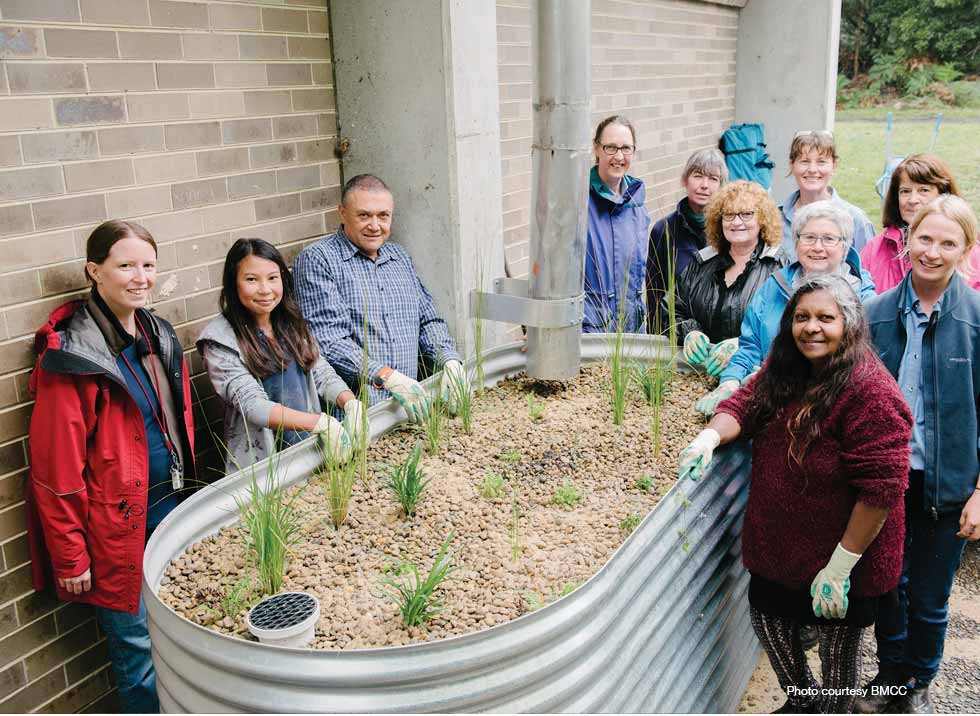
Rainwater tanks allow stormwater to be harvested and reused in toilets, gardens or the laundry.
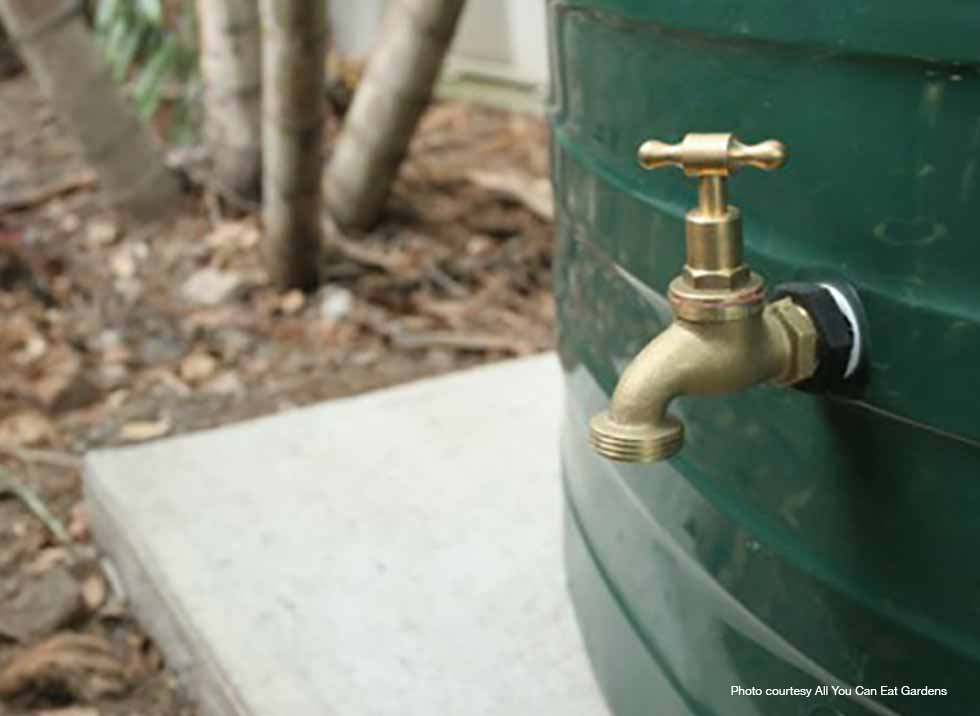
Planting raingardens helps to harvests and recycles stormwater. This reduces your use of potable water and helps reduce minor flood impacts along local creeks.
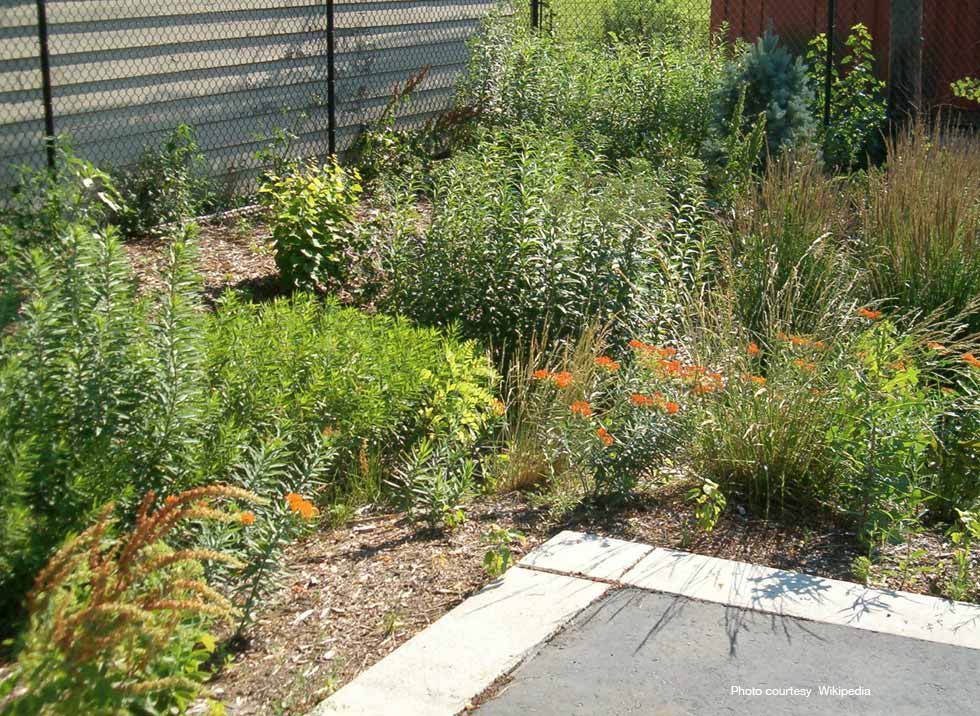
Increasing infiltration and filtering water soaking into the ground is vital to recharge ground water, creeks and streams. This process also naturally filters the water, leading to cleaner, healthier waterways. Raingardens / biofiltration systems capture runoff from carparks, roads and roofs, slow water down and filter it before it reaches the local creek. A home raingarden can be as simple as a downpipe diverted into a vegetable garden.
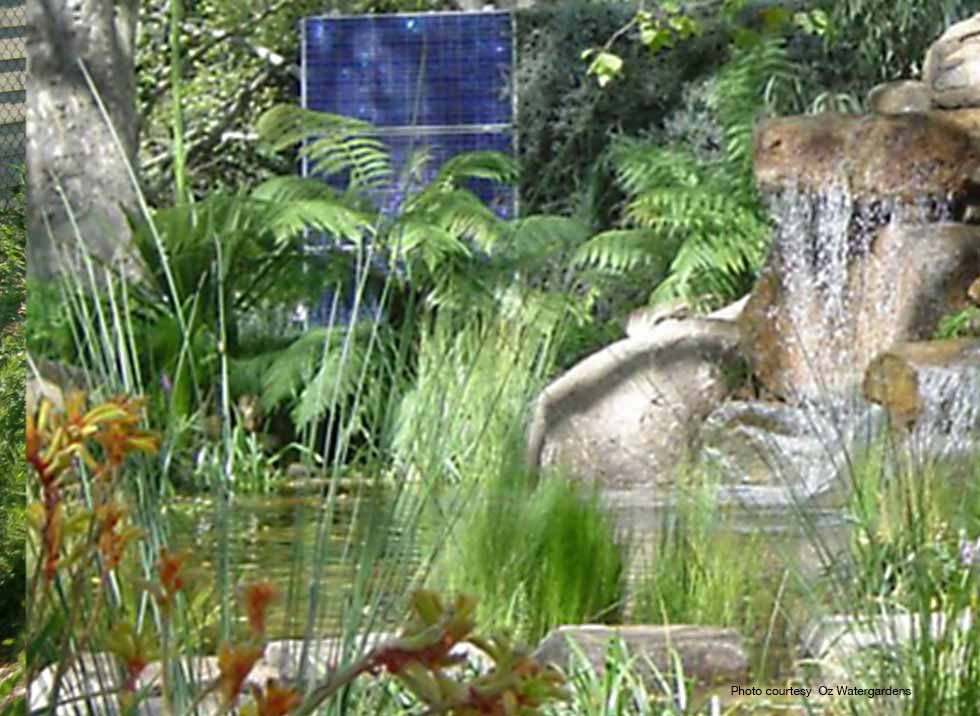
Ponds and wetlands hold water up in the landscape reduce flooding, provide habitat for waterbirds, improve neighbourhood amenity and provide recreational opportunities.
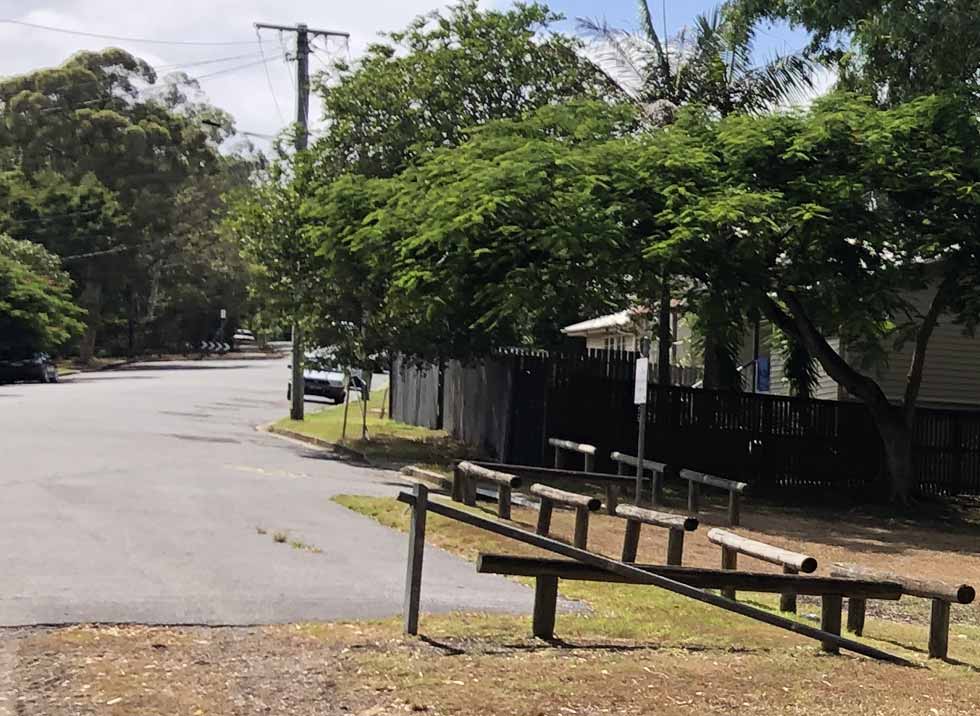
Street trees help filter stormwater and make public spaces more comfortable by lowering temperature and humidity. With stormwater supplying water, street trees can grow in places where they would not normally survive.

